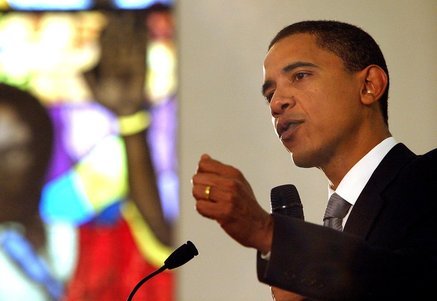In high school, the only sports I played to any significant extent were soccer and basketball. A lot of my friends went snowboarding or skiing, but it was a long drive to the mountains and I could not really afford all the equipment, which cost hundreds of dollars. So I never spent much time on the slopes. However, I have always been fascinated by winter sports. The Winter Olympics in Vancouver was the first of two major international sporting events this year, the other being the soccer World Cup, to be held in South Africa in June. Both events feature the best athletes in the world in their respective sports and enthrall millions across the globe.
However, after watching the Germans steer their bobsleds, the Russians twist and turn in figure skating, and the French ski down steep mountain slopes, I began to realize that the true reason that many athletes from cold-weather countries succeed in this frosty quadrennial competition is not climate or topography or even, dare I say it, talent, but rather privilege, economics, and wealth. Of all the stunning statistics that were tossed around during the fortnight of games in British Columbia, one stat was not mentioned, although its omission is hardly surprising. Of the 238 total medals that were up for grab in Vancouver, over 50 percent were won by eight of the world’s wealthiest nations. The United States, Canada, Great Britain, Japan, Russia, France, Germany, and Italy-industrialized market economies, who together make up the world’s main economic council of wealthy nations, the exclusive Group of Eight, or G8-took home 130 medals and nearly half of the first-place finishes. In addition to the success of the G8 nations, China, widely considered the second wealthiest nation in the world after the U.S., and South Korea, another powerhouse economy in Asia, took home just under 10 percent of remaining medals. It is also worth mentioning that Norway, which the International Monetary Fund places three positions higher than the United States in GDP at purchasing power parity per capita, and Switzerland, which also ranks in the top ten and is just one place behind the U.S., brought home approximately 9 percent and 3 percent of the Winter Olympics medals respectively. If you are doing the math, that means that 72 percent, nearly three-fourths, of all the medals in Vancouver were won by twelve incredibly wealthy nations. While similar patterns were displayed in Beijing and other summer Olympic games, one must remember that the Beijing 2008 Summer Olympics were a competition where poorer nations like Ethiopia, Romania, Jamaica, Kenya, and Ukraine walked away with a half-dozen gold medals each. With the exception of Austria, hardly a nation of impoverished citizens, and Yugoslavia, the Winter Olympics has never been held outside of these twelve countries since the competition began nearly ninety years ago.
The lack of success among underdeveloped nations in the Winter Olympics is not for want of trying. Take, for instance, the story of Tugba Karademir, the young figure skater from Turkey, where the capital city Ankara has the country’s only real ice rink. Karademir’s father and mother, who is a certified aerospace engineer, immigrated to Canada and accepted jobs doing menial labor just so their daughter could have a chance to compete in the Olympic Games. While geography could be considered a significant challenge to athletes wanting to ski in the Pacific islands or snowboard in the heart of Africa, a large number of events occur indoors or on manmade ramps and tracks, and more often than not, poorer countries do not compete because they lack the finances to compete in sports that require such a large amount of equipment. Is it surprising that most kids in Brazil have never played ice hockey but are always seen with a soccer ball at their feet? Or that children in Cuba play baseball with a simple wooden bat instead of curling? Or that the best skiers in your dorm usually come from the most privileged families? Understand that I am not insinuating that there is a vast conspiracy in winter sports against poorer nations, but that among all of the athletic competitions in the world, it is the most inherently unequal. While I enjoyed watching ice hockey and the rest of the winter games, as a liberal and a lover of equality, they pale in comparison to the World Cup, where 32 nations from across the globe compete on a much more equal playing field in a truly international competition, where success is determined not by how much equipment you or your country can afford, but by your skill kicking a ball on a field of grass.
Martin Surridge is the associate editor of Religious Liberty TV and a freelance journalist who writes for the Walla Walla Union-Bulletin. He is currently working on his M.A. in Teaching at Walla Walla University.
Martin Surridge
History 395
Reading Report #9
3/3/2010
Tony Walters, “Why Students Think There Are Two Kinds of American History.” The History Teacher 39 (Nov 2005), 11-121.
